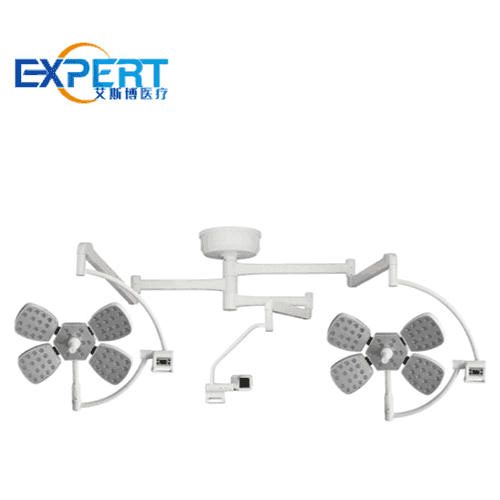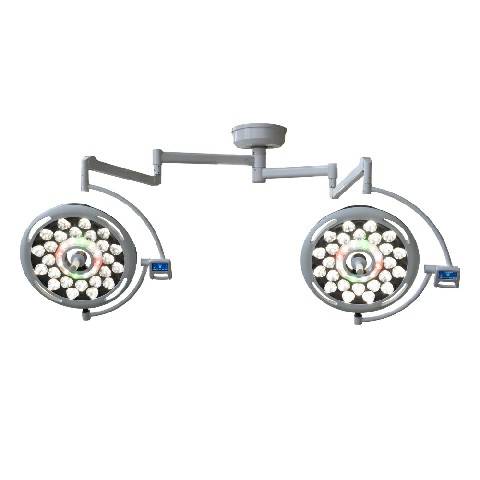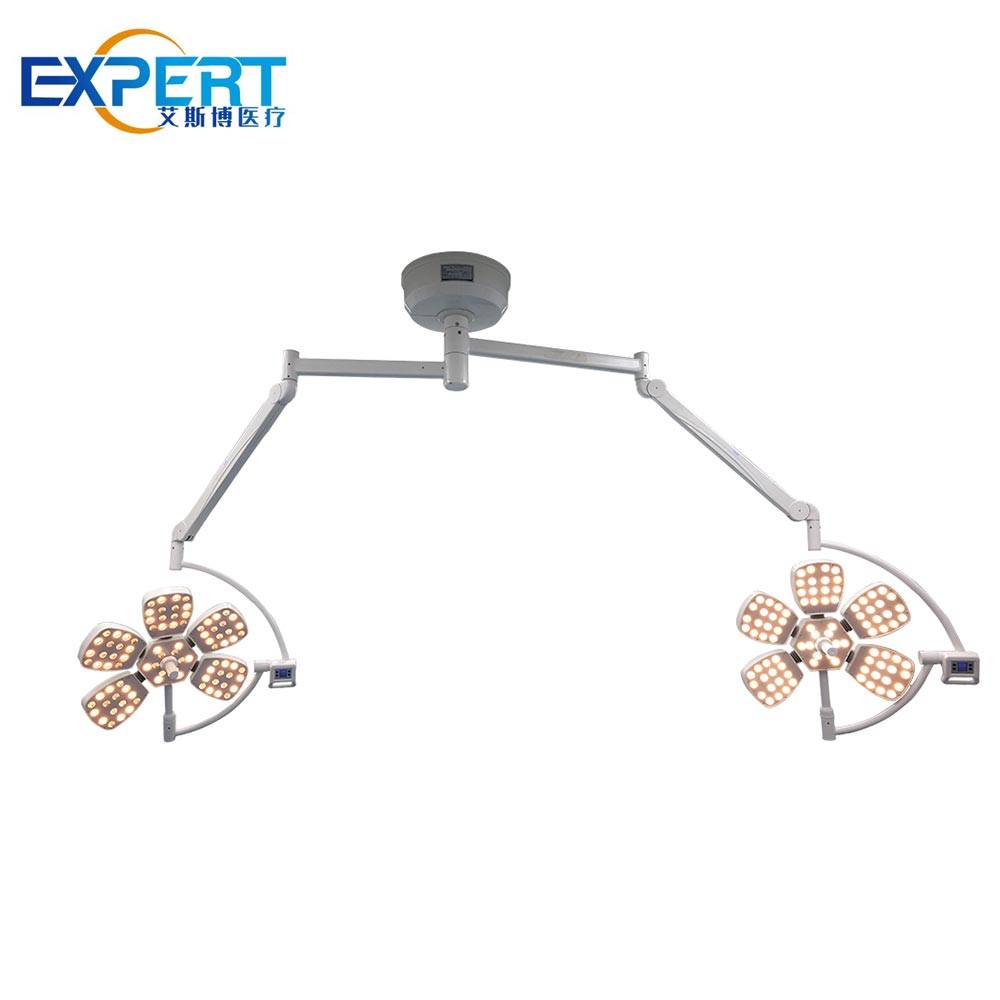Address
304 North Cardinal St.
Dorchester Center, MA 02124
Work Hours
Monday to Friday: 7AM - 7PM
Weekend: 10AM - 5PM
Welcome to My Blog!
Before we dive into the content, I’d love for you to join me on my social media platforms where I share more insights, engage with the community, and post updates. Here’s how you can connect with me:
Facebook:https://www.facebook.com/profile.php?id=100071234835011
LinkedIn:https://www.linkedin.com/company/74943205/admin/dashboard/
YouTube:www.youtube.com/@shandongexpertmedicalequip4695
TikTok:www.tiktok.com/@expertmedical
Now, let’s get started on our journey together. I hope you find the content here insightful, engaging, and valuable.


Halogen lights are a popular lighting solution known for their versatility, brightness, and energy efficiency. But what are halogen lights for, and why do they remain relevant in various industries? This guide explores the different uses of halogen lights, their benefits, and how they compare to other lighting options. Whether you’re considering halogen lights for your home, workplace, or outdoor needs, this comprehensive guide will provide valuable insights.
Halogen lights are a type of incandescent lighting that uses a halogen gas to enhance light output and extend lifespan. Their design makes them suitable for a variety of applications, from domestic use to industrial settings. Below, we break down the essential aspects of halogen lights to help you understand their functionality better.
Halogen lights operate by heating a tungsten filament within a gas-filled bulb. The halogen gas reacts with tungsten vapor, redepositing it onto the filament and allowing the bulb to burn brighter and last longer. This process differentiates them from traditional incandescent bulbs.









One of the most common answers to what are halogen lights for is home lighting. These lights are frequently used for:
Halogen lights are a staple in the automotive industry. Their bright and focused beam makes them ideal for:
In commercial settings, halogen lights provide high-intensity illumination, perfect for:
Halogen lights excel in environments requiring precise lighting, making them indispensable in:
The table below provides a side-by-side comparison of halogen lights with other popular lighting options:
| Feature | Halogen Lights | LED Lights | Incandescent Bulbs |
|---|---|---|---|
| Brightness | High | Very High | Moderate |
| Energy Efficiency | Moderate | High | Low |
| Lifespan | 2,000–4,000 hours | 25,000–50,000 hours | 1,000–2,000 hours |
| Heat Emission | High | Low | High |
| Cost | Affordable | Higher initial cost | Cheapest upfront cost |


Halogen lights are more affordable upfront compared to LEDs, making them a budget-friendly option for many applications.
The natural and vivid light output of halogen bulbs ensures excellent color accuracy, making them ideal for settings like galleries and studios.
Their compact size and compatibility with dimmers enhance their adaptability in various settings.
Halogen bulbs are straightforward to install, requiring no specialized fixtures or equipment.
While halogen lights have many advantages, it’s also essential to consider their limitations:
Halogen lights offer a versatile and practical lighting solution for various needs. From home lighting to professional applications, their intense brightness and natural light make them a reliable choice. Understanding what are halogen lights for can help you decide whether they are the right fit for your requirements. While they may not match the efficiency of LED lights, their affordability and quality of light ensure they remain a popular option.
Halogen lights are used for tasks like home lighting, automotive headlamps, and outdoor illumination.
Halogen lights emit more heat and have a shorter lifespan compared to energy-efficient LED lights.
Yes, halogen lights are excellent for outdoor use, including garden and security lighting, due to their bright and focused beam.
While more efficient than traditional incandescent bulbs, halogen lights are less energy-efficient than LEDs.
Halogen bulbs typically last between 2,000 and 4,000 hours, depending on usage and quality.
